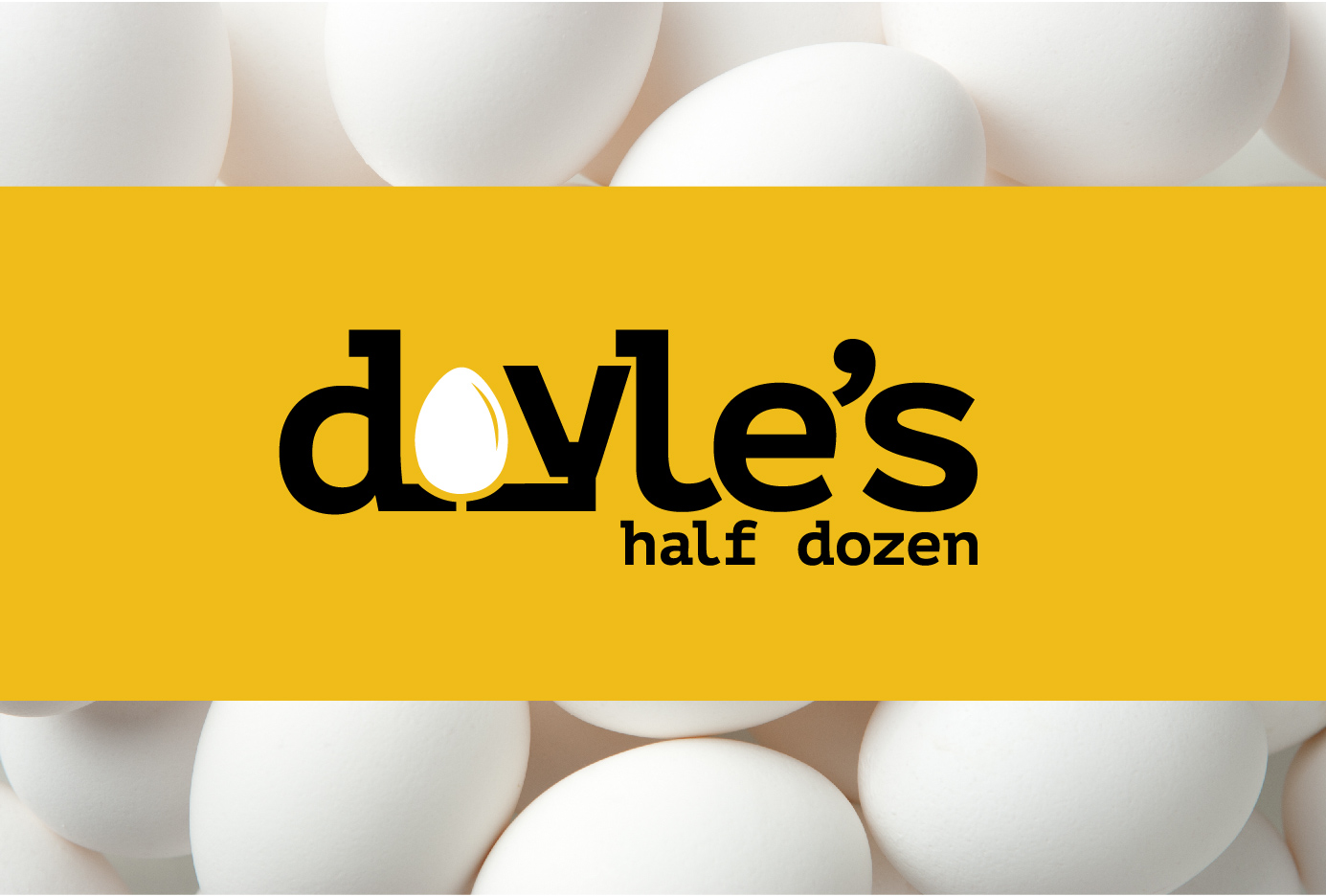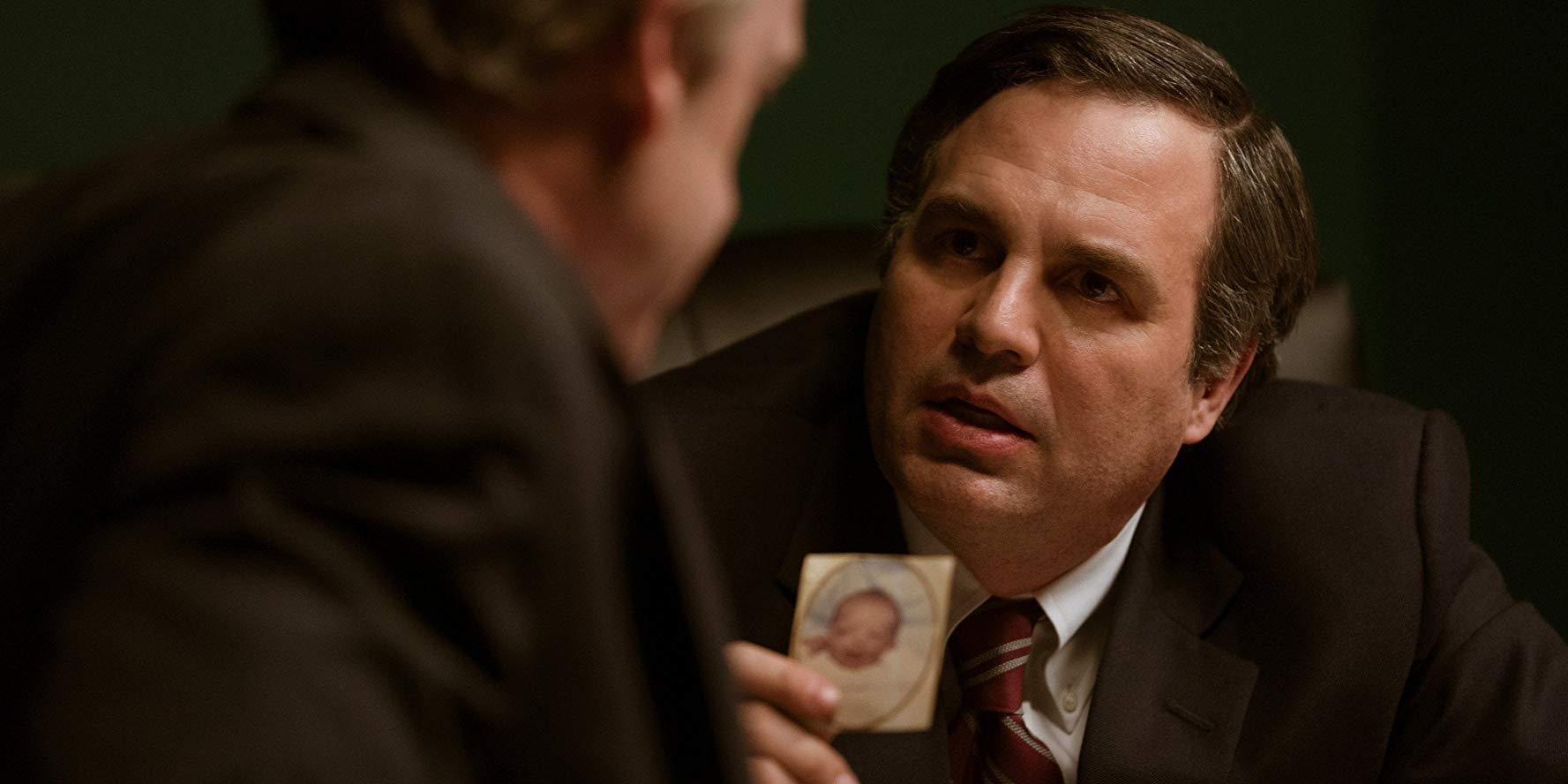
by Caleb Moore | Dec 9, 2019
There is an aspect of Christian thought that falls into the
moral philosophy category that all children should know.
I know when I use words like “moral philosophy,” some readers
might began to fall asleep. Such a phrase can sound like a discussion reserved
for academics. However, this topic is rather easy and exceedingly important.
There are ways of thinking about what is right and wrong
that is different than what the Bible teaches. For example the current
mainstream way the world views morality is through a lens called moral
relativism. This means that they believe right and wrong can differ from person
to person. It’s all based upon emotion and if it feels good it must be good.
We say things like, “to each their own” or “as long as they
aren’t hurting anyone who cares?” The reason this view is so popular is because
it makes everyone his or her own judge of what is right and wrong. Most people
believe they are a good person, so it makes sense for them to have a morality
that always reaffirms that.
There is a big problem with this view, though, and teaching
it to your children hinders them to see the value of believing in God. If
morality is relative then nothing is really evil.
Each society would be free to invent whatever rules they
want. If enough people deem something to be good, an entire country could
justify doing evil simply by redefining what is right and wrong.
This is exactly what happened in Germany under Nazi rule.
Good was redefined by those in power to such a degree that the murder of Jews
was considered a morally good thing.
When the Nazi soldiers who operated the concentration camps
were brought before the world court, they appealed to moral relativism. They
claimed that it was okay, according to the rules their society had constructed,
and just because our group disagreed with their group did not make their
actions evil.
This should really help you understand the problems with
moral relativism. We responded by reminding them that there is a rule of law
above man’s, and because we rejected moral relativism, we could punish those
who committed those horrendous crimes.
Though our world might call certain things good or bad, they
are only good or bad at this current time and are subject to change rather
quickly. We have seen just how fast morality can change in the last 50 years. What
was acceptable on television and in the bedroom has totally been redefined by a
world with no compass to guide these changes other than the feelings of those
in charge.
This is why it is important to give your kids the gift of
understanding biblical morality. We are not slaves to our impulses and
emotions. We have something outside ourselves that guides and directs us. We
don’t have to try to keep up with an ever-changing world and the new rules it
invents. We can know for certain what is good and what is evil because God has
clearly communicated it to us.
The way I explain this to young kids is to ask some basic
questions. Is it wrong to steal? Did you know some people like to steal? They
find it exciting and think the world owes them something, so they don’t believe
it is wrong.
If someone likes to steal is it still wrong? Of course it is,
because our feelings don’t determine truth. Sometimes you are going to feel
like something is good and true, but we must always test it according to what
God has said so we don’t make the same mistake as those who think it is okay to
steal.

by Chris Doyle | Dec 6, 2019
Greetings!
I love this time of year! Christmas is a big hit for me, as
well as everything else that happens that surrounds Christmas. This week’s DHD
has some holiday flavor to it, but I cover other timely topics too.
Thanks for reading!
1. The happiest
people
I get quite a few of my DHD topics from friends on Facebook,
the articles they share.
This week a friend shared “The
Happiest People Are Those Who Realized That God Is Enough” by Rania Naim.
I’ve never heard of Rania Naim. I appreciate her poetry and
writing. I’ve read “Happiest People” a handful of times, and I like her
conclusions.
But I have to be honest—current writings have caused me to
be jaded. Somebody comes up with a trendy message like Jesus hates religion, don’t
say you’re blessed or go watch your face, and my conservative Christian guard
comes up.
I don’t mean to discredit anything Naim shared in “Happiest
People.” She encouraged me. However, I also noticed she did not mention
Scripture, and I also wonder if she herself is one of the “happiest people” she
describes.
I welcome your feedback.
2. Music and dementia
Another Facebook friend shared this
article about music never getting lost with dementia patients. This reminded
me about my mother.
Mom passed away in September after
struggling with dementia for more than 10 years. In the last three years of her
life, the dementia was pretty aggressive, even though Mom kept a mostly happy
outlook.
But one thing is certain, she
never lost her love and passion for music. She played the piano for the
majority of her life, and she loved to sing.
One thing I will miss at this year’s
Christmas Eve service at church is Mom being with me and singing every song.
3. Facts about IMB
This week was the Week of Prayer
for the Lottie Moon Christmas Offering. If you are not familiar with the LMCO
or the International Mission Board, which the offering supports, check out this
article provided by the Ethics and Religious Liberty Commission.
Even if you are familiar with the
IMB, you might learn something you didn’t already know if you read it.
4. Getty’s Christmas Carol Series
One of my favorite parts of the Christmas season is the
music. I know there are those who can listen to Christmas music year round, and
that’s fine if you’re one of those peeps.
But right now is the best time of year for such tunes. I
consider the few weeks leading up to Dec. 25 as the “March Madness” time for
Christmas music. And I am fully in the groove.
Of course, the best holiday music is Christmas Carols, songs
and hymns that reflect the actual meaning of Christmas, which is celebrating
the birth of Jesus Christ.
On baptistmessenger.com,
from Dec. 2 until Dec. 12, an article by Keith Getty is being released each day
about some of the great carols. Getty is a great hymn writer and worship
leader, and I’ve enjoyed his insight about each song. I hope you will check out
all of the articles. I confess, there’s a few song I did not know before
reading Getty’s write-ups.
5. Mohler and the
Electoral College
You know I can’t go too many weeks without mentioning Albert Mohler and The Briefing.
Check out Wednesday’s edition
where he addresses a presidential candidate’s view of the Electoral College. It’s
a great education!
6. Christmas outreach
Finally, I enjoyed Glen Scrivener’s “2
Ways to Approach Outreach This Christmas.”
His conclusions are excellent and challenging. All
Christians should apply both outreach methods.

by Michael Foust | Dec 6, 2019
Robert Bilott is a smart and hard-working corporate defense
attorney who represents some of the nation’s most powerful chemical companies.
He opposes red tape and regulation. He sides with the big
businesses. And when the chemical companies throw a party, he rubs shoulders
with the execs.
But then a family friend—a West Virginia farmer named Wilbur
Tennant—pays him a visit. Bilott claims the nearby DuPont factory is pouring
deadly chemicals into the streams and killing his cows—190 so far. Tennant wants
to hire a local attorney, but no one will accept his case. They’re afraid to
take on the town’s largest employer.
Bilott begrudgingly agrees to help—believing DuPont’s own records
will clear the company—yet is shocked at what he discovers. The company, he
says, has been hiding data from the public and its workers about the dangers of
a chemical used to make Teflon pans. Even worse: This chemical, known as C-8
(or PFOA), could be the cause of countless cases of cancer not just in cows but
in humans—as well as fetal deformities (babies born with only one nostril) and
deaths.
“DuPont knew everything,” he tells his wife. “They knew that
the C-8 they put into the air, buried in the ground for decades was causing
cancers… They did nothing.”
Bilott wants to take DuPont to court. Will he succeed?
The drama Dark Waters
(PG-13) expands nationwide this weekend, starring Mark Ruffalo (Hulk in the
Marvel films) as Bilott; Anne Hathaway (Les
Miserables) as his wife, Sarah; and Bill Camp (12 Years a Slave) as Tennant.
It is based on a true story, as well as on the 2016 New York Times Magazine feature “The
Lawyer Who Became DuPont’s Worst Nightmare.” DuPont settled the case with
Tennant. But Bilott then filed a class-action lawsuit that resulted in a $670
million settlement with 3,550 residents. C-8— which DuPont stopped using—was
linked to six illnesses, including two types of cancer.
Dark Waters is a gripping (and somewhat coarse)
legal drama with real-world implications. It raises worldview issues while
challenging knee-jerk reactions in the political realm. It also shows how one
man can change society for the better.
Warning:
minor/moderate spoilers!
(Scale key:
none, minimal, moderate, extreme)
Violence/Disturbing
Minimal. A cow that had gone mad due to ingesting chemicals
is shot and killed off-camera.
Sexuality/Sensuality/Nudity
Minimal/moderate. The film’s opening moments includes a
skinny-dipping scene at night, briefly shows us two backsides in the dim
moonlight. Officials quickly chase the man and woman off. The scene’s intent is
to show us the danger of the chemicals—swimming in the water is dangerous,
after all—but could have been just as effective with swimsuits.
Coarse
Language
Moderate: H-ll (8), misuse of “Jesus” (8), d–n (4), GD (3),
a– (3), misuse of “God” (3), f-word (2), SOB (2), OMG (1), s–t (1).
Other
Positive Elements
We see Tennant attend church, and then Bilott and his family
in church, too. Bilott’s wife prays over the family dinner. When Bilott grows
discouraged about Tennant’s case, his wife says, “You did the Christian thing.
You helped him.”
Life Lessons
Standing for
what’s right has a cost: Tennant and Bilott each were ostracized by their
communities. Additionally, Bilott experienced health problems due to stress.
One man can
make a difference:
In this case, two people—Tennant and Bilott—sparked the case that led to major
change.
Change isn’t
easy:
The film shows Bilott combing through thousands of DuPont documents, searching
for the truth.
Worldview/Application
Scripture teaches that humans have dominion over the Earth
(Gen. 1:26-28; Ps. 8:6-8) and are to be responsible caretakers. The Hebrew
people, after all, were commanded to be good stewards of the land (Ex.
23:10-11; Lev. 25:1-7). The same principle applies to us.
Still, few issues within Christianity today are as
controversial as environmentalism. Too often, our politics drives our theology.
Perhaps Dark Waters
gives us a chance for common ground. Can we agree that deadly chemicals should
not be released into the air and water? Can we agree that the public deserves
drinking water that is clean? Can we agree that workers shouldn’t be forked to
choose between unemployment and a job that might give them cancer? Can we agree
that companies shouldn’t risk the public’s safety in order to make a profit?
Dark Waters challenges our beliefs about
government regulation. Self-regulation works perfectly in a society without
sin. Unfortunately, that’s not our world. In our world, executives sometimes
make decisions driven by the bottom line and not the public good. Sometimes,
those decisions poison the water and risk cancer.
Yet even then, both the company and the EPA can have faults. In Dark
Waters, change occurred only because of the tireless work of one man.
Final
Verdict
Dark Waters, like any other movie based on real
events, leaves us wondering: Is that how it really happened? A simple Google
search, though, underscores the movie’s core facts.
It’s a gripping movie, even if it has too much language to
place it in the kid-friendly realm.
Discussion
Questions
1. Should the government have a role in environmental
regulation? Explain your answer.
2. What is a biblical view of environmentalism?
3. Does either political party have the correct view of
business? Of environmentalism?
Entertainment rating: 4 out of 5
stars. Family-friendly rating: 3 out
of 5 stars.
Rated PG-13 for thematic content, some disturbing images and strong language.
PHOTO CREDIT: Focus Features

by Brian Hobbs | Dec 5, 2019
The suicide epidemic. Vanishing jobs in a mobile economy.
Twitter rage and politics. Nebraska football versus Oklahoma Sooners football.
These are just a few of the compelling topics covered in Them: Why We Hate Each Other and How to Heal, a new book by U.S.
Sen. Ben Sasse of Nebraska.
In his winsome style, Sen. Sasse diagnoses some of the major
problems plaguing American society today, before he offers concrete and helpful
solutions.
He begins his book with a powerful story out of Chicago,
when a devastating heatwave in the summer of 1995 cost more lives, by some
accounts, than the Chicago fire of 1871. “Coroners initially counted 465 dead,
but many of the dead weren’t discovered until weeks later, when the stench of
decomposition oozed from homes and apartments.”
Among those most likely to have perished from the heat were
elderly people—men in particular—living alone. No one—no family, neighbors, a
community—went to check on them, as they perished. Some of those men found dead
even sadly had letters sitting by their side, written to their estranged
children, with woeful words reaching out over broken relationships.
“Loneliness.” Sasse says, “Our world is nudging us toward
rootlessness, when only a recovery of rootedness can heal us. What’s wrong with
America, then, starts with (that) one uncomfortable word.”
Sasse notes the many trends contributing toward loneliness
and cultural upheaval. Some factors include our high-tech dependency. Other
factors include the decline of church attendance, and even Friday night local
football game attendance (Sasse himself is the son of a coach).
As a politician, known for being critical of his own party
(Republican) and other parties, Sasse offers keen insight in this area. Talking
about the exaggerated and hateful conversations we see on social media like
Twitter, Sasse says:
“Deep, enduring change does not come through legislation or
elections. Meaning change comes as lots and lots of individual minds are
persuaded and hearts changed. Deep change allows people to change their minds
without needing, first, to “eat crow.” It tolerates provisional and partial
agreements. It’s the logic of neighbors who live side by side. It’s the logic
of the lone-term, which respects the dignity and agency of debate partners.”
He continues, “Warriors view the present moment as
make-or-break for all time—but neighbors do not. Neighbors see today’s
conversation not as the last discussion we’ll ever have, but as a precursor to
tomorrow’s. We can and will visit again. We can continue talking, and
listening. We can be open to future persuasion—and to being persuaded. We need
not win everything by force, and we need not win everything right now.”
We hear that Sasse believes life is about more than
politics. He talks extensively about economics. He echoes an economist’s view
that, in America today, there are the general groups: the rooted, the mobile
and the stuck. In these last two areas, he offers the best insights. In our
hyper-educated age, the mobile economy has led successful people to bounce from
one large city to the next, never really setting down roots or building
community. There are those, conversely, that have few economic options and are
stuck in life.
Beyond these powerful social diagnoses, Sasse offers
powerful stories and anecdotes along the way, along with helpful ideas in the
book. To list a few, he says “set tech limits;” “have more family meetings at
dinner;” “buy a cemetery plot;” and “we need more tribes” (i.e. community). I
will invite you to read the book to hear what each of these fully means.
As Christians, we know the ultimate solution to loneliness
is relationship. Relationship with Jesus Christ and the Body of Christ. In this
new book, Sasse, himself a Christian, has provided a persuasive book that, for
those who take it seriously, could move American society from seeing others as
the enemy. Move us away from seeing others as “them” and toward the idea of
“we” or “us.”

by Caleb Moore | Nov 25, 2019
There is a scene in the first Spider-Man movie from 2002
that pops into my head fairly often. It’s the scene where the villain tells
Spider-Man, “the only thing the world loves more than a hero, is to watch a
hero fall.”
I felt like this statement was true over the last week as pastors
and bloggers rushed to condemn a restaurant because they changed which
charities they financially support. Why would the collective evangelical voice
be in such uproar? To be fair they still give millions of dollars to end
hunger, and help the poor and marginalized.
It almost seems like this Christian outrage is a seasonal
allergy. Remember when everyone got upset at Starbucks for their red cups? That
was around this same time of year.
This overreaction gets picked up by a media that loves to fan the flames. Our response seemed so quick and fierce, going so far to say that this fast food giant had betrayed us somehow.
If you haven’t noticed I haven’t mentioned it by name except for the title because I want you to remember that we are talking about a restaurant that serves good fries and chicken and not an individual.
Restaurants are mostly amoral. There are a few exceptions that use immorality as the main theme for their customers, but that would not apply here. Basically, restaurants are just buildings with a kitchen and seats. They cannot be good or bad morally; that is reserved only for individuals.
But it is not an individual we are angry at; it’s some
unspoken collective of leadership that we think is caving to social pressure.
You don’t know the names of these people, nor do you know all the reasons for
this decision. Facts like this should firmly apply pressure to the break pedal
of our brains.
I think one of the reasons people get so upset by this is
because of the value they associate with this food chain. It’s like a Golden
Calf that makes them feel like their own values are good and righteous.
In a society of believers with a shallow faith, some people need
these little victories to make them feel as though they are winning the culture
war. It’s totally possible some have delegated their charity and voice to such
an entity, and when it doesn’t meet their standards, they fear they might have
to do the work themselves.
I’m of the opinion that this fast food chain still has better morals then those
who critique or praise their every decision. They give more money to charity
than many believers; they are always closed on Sunday, but many of us don’t
always go to church on Sunday. Their staff is always friendly even if someone
is rude; we tend to be nice only when other people are nice to us. Lastly, they
serve everyone, and we tend to give attention to those who are similar to us.
I imagine that if they still had the service and food that they do, it would
still be extremely popular, regardless of what their founders believed. I’ve
never decided which restaurant to eat at by asking what their charitable
contributions are. Instead of us being mad at them, I think it’s more
reasonable for them to be mad at us for acting more like the world and less
like Jesus.

by Chris Doyle | Nov 22, 2019
Greetings!
I always appreciate people reading Doyle’s Half Dozen. I
usually think nobody reads my blog, but then somebody unexpectedly will tell me
they read it, so thank you for reading!
1. The squawking about
Chick fil A
The biggest news this week in the American Christian sphere
is Chick fil A announcing its charitable foundation will end its financial
support with certain organizations that have been identified as controversial
with the LGBTQ community.
Two of the best commentaries I read on CFA’s decision are by
Russell Moore—“Should
You Be Angry A Chick fil A?”—and Erick Erickson—“Give
Chick fil A the Benefit of the Doubt, But…”
Both Moore and Erickson are fair to CFA. I do like the
proposals Erickson offers to CFA to help clear up some confusion the restaurant
franchise has caused with its customers, as well as squelching the appearance
of smearing both Salvation Army and Fellowship of Christian Athletes.
It’s one thing for CFA to choose to financially support
other groups. CFA has that right. However, both Salvation Army and FCA are facing
accusations that are undeserving, especially considering neither organization
has any conflict with the LGBTQ community. In fact, Salvation Army would offer
care and shelter unconditionally to someone who identifies with the LGBTQ
community.
By the way, I had my usual Friday morning breakfast at CFA
and plan to have my traditional pre-game meal of CFA in Norman tomorrow night.
2. Great article on
helping aging parents
Gaye Clark penned a great piece titled “When
an Aging Parent Rejects Help.” She gives practical advice and provides a
biblical perspective.
Karen and I can relate well to what Clark describes in her
article. Perhaps you can appreciate the article too.
3. A church plant
story for the movies
If you frequently read DHD, you know how much of a fan I am
of Sarah Eekhoff Zylstra. Every time I go on The Gospel Coalition website and
see an article with her name by it, I’m ready to read it.
Zylstra is an excellent reporter and story teller. Her
writing style adds an inspiring flare to what is happening in today’s Christian
world.
Her article “The
Worst Time to Plant a Church” is another confirmation. Even my favorite
blogger Trevin Wax promoted Zylstra’s article in this week’s edition of “Trevin’s
Seven.” Wax wrote, “Amazing account of God’s faithfulness in the midst of
earthly loss. Here’s what happened to The Falls Church when they left the
Episcopal Church USA and lost their property.”
It would not surprise me if one of
Zylstra’s articles inspires a screenwriter to make a movie about one of her
pieces.
4.
C.S. Lewis tales
I learned about Dan DeWitt this week.
The guy appears to be an aficionado on C.S. Lewis because he wrote a bunch of
blogs on the famous author and apologist this week on his website www.theolatte.com.
The blogs aren’t very long. My
favorites were “Why
C.S. Lewis Wouldn’t Write for Christianity Today” and “C.S. Lewis’
Last Letter,” which Lewis wrote Nov. 21, 1963. He died Nov. 22, the same
day as President John Kennedy’s assassination.
5.
Good movie reviews (and reviews are good too!)
Michael Foust features weekly movie
reviews on WordSlingersOK.com. If you haven’t read any of Foust’s work, you
should, especially the two reviews he posted today.
Check out “’Frozen
2’ isn’t as memorable, but is it family-friendly?” and “’Playing
With Fire’ is funny, family-friendly and surprisingly good”.
Many times, I have seen movies because
of Foust’s reviews. He even has me interested in seeing “Playing With Fire”
after reading his write-up.
As you can tell, Foust emphasizes a
criteria that is helpful for families, letting them decide if a movie is
appropriate for their children to watch. He also has a Gospel emphasis, and the
discussion questions he always provides are helpful when discussing a movie
with a non-Christian.
6.
Thanksgiving thought
Next week is Thanksgiving, so I wanted
to re-share a
Bible commentary that I shared in a DHD I wrote in 2016:
I read a great commentary in the Life Application Bible on
Psalm 92:1-2 – “It is good to give thanks
to the Lord to sing praises to the Most High. It is good to proclaim your
unfailing love in the morning, your faithfulness in the evening.”
Here’s the commentary:
“During the Thanksgiving holiday, we focus on our blessings and express
our gratitude to God for them. But thanks should be on our lips every day. We
can never say thank you enough to parents, friends, leaders and especially to
God. When thanksgiving becomes an integral part of your life, you will find
that your attitude toward life will change. You will become more positive,
gracious, loving and humble.”
May we all strive toward being thankful every day.




